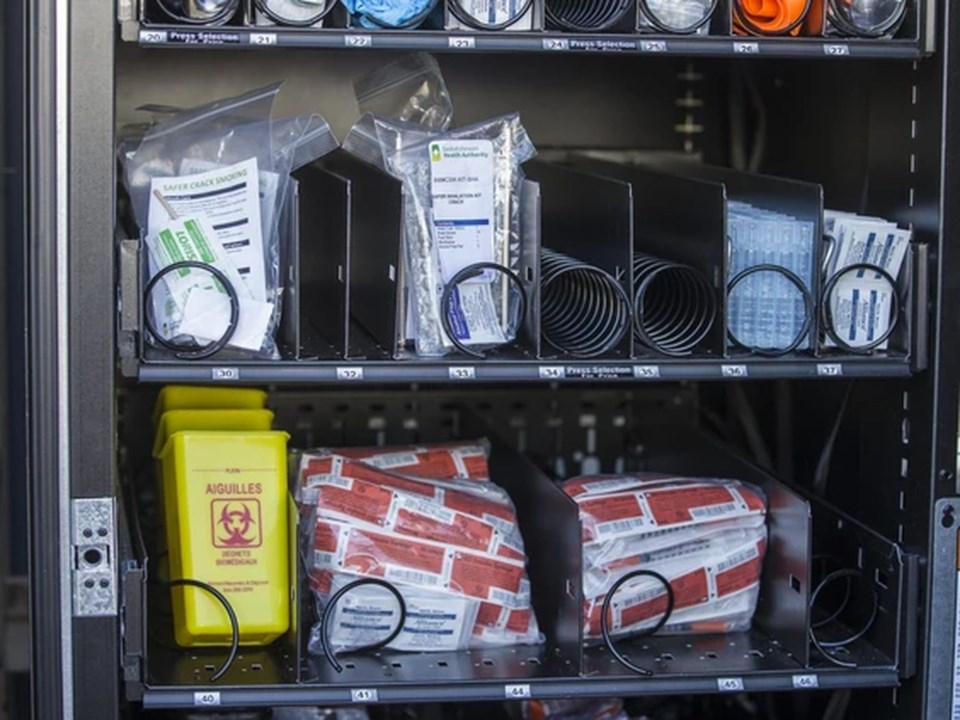SASKATOON - On World AIDS Day, Dec. 1, advocates in the Battlefords gathered to raise awareness about how the virus affects people in their community — and how people can get help and treatment, if they need it.
“HIV is completely preventable in today’s society, with all the advances in medication,” said Battle River Treaty 6 Health Centre’s HIV project coordinator, Cymric Leask. “But due to a lot of intersecting factors — especially due to COVID — in the past couple of years, our HIV numbers have skyrocketed.”
In 2021, were diagnosed in the province — even while testing, treatment and outreach were reduced during the height of the COVID-19 pandemic.
Saskatchewan has the in Canada, and has had the highest annual rate in the country for more than a decade.
The proportion of new HIV cases in rural areas is rising, too.
“Here up north, there are such large barriers to access to care,” said Leask. “We do have some great resources here in North Battleford … but it’s still very hard to access the proper care for HIV.”
For example, getting started on HIV medication requires a visit with a communicable disease doctor — but there is no communicable disease doctor based in the Battlefords. Instead, that doctor visits the community only once every four months.
Another barrier Leask has found is that many people still have an outdated understanding of what HIV is, who is at risk and how treatment works.
“Especially here in rural areas, it’s stigmatized as something that only affects gay or bisexual men — men who have sex with men,” Leask said.
Today in Saskatchewan, men and women are diagnosed with HIV at almost equal rates, and two thirds of new cases are passed through injection drug use.
Treatments are much easier to manage than they used to be; some only involve taking one pill a day.
But the enduring stigma around HIV makes it harder for people to find community and support.
“People don’t talk about it,” said Jackie Kennedy, executive director of the Battlefords Indian and Métis Friendship Centre. “I think they’re afraid to. A lot of people don’t disclose that information (about their HIV status) because they are afraid to be judged.”
As more people continue to be diagnosed with HIV in Saskatchewan every year, groups and organizations in the Battlefords are working hard to make it easier for people to get testing, treatment, information and harm reduction supplies.
“We want to banish that stigma of how it used to be,” said Leask. “It’s not like that anymore.”




